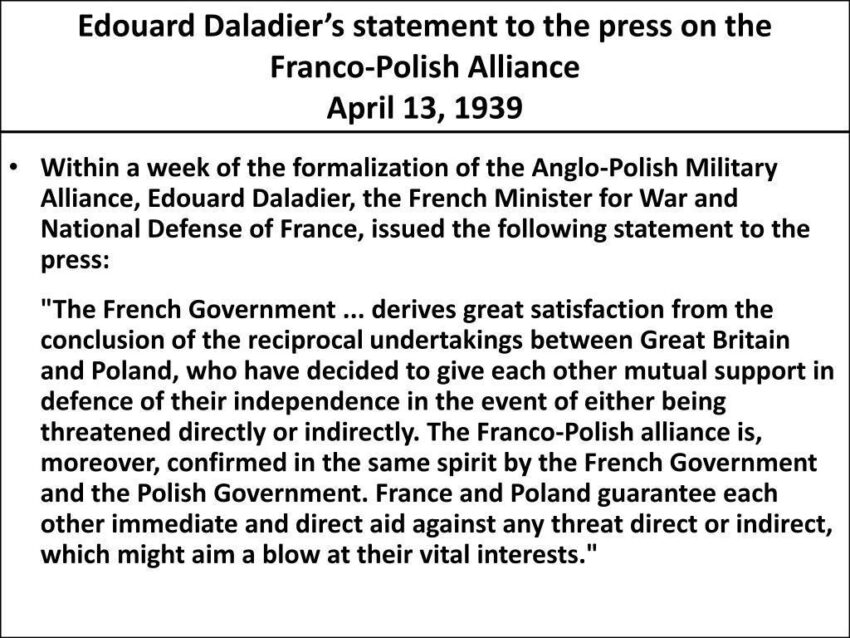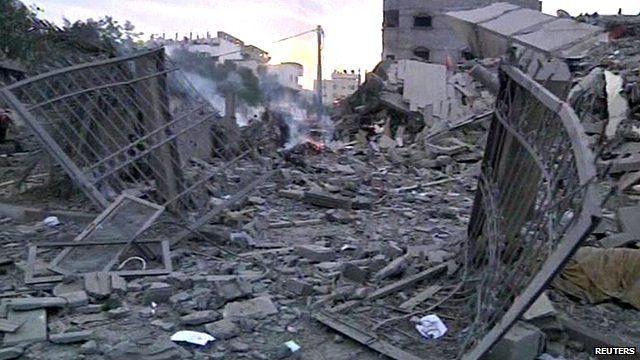Franco-Polish Treaty Strengthens Security Cooperation
France and Poland are set to strengthen their defense ties with the signing of a new strategic cooperation treaty on Friday. The Polish Prime Minister Donald Tusk is scheduled to meet French President Emmanuel Macron in Nancy, an event that highlights the urgency for European allies to bolster security measures following Russia’s aggression in Ukraine.
Tusk emphasized that mutual security guarantees constitute a core element of the accord. He stated, “For me, the most important issue in the accord was the mutual security guarantees,” underscoring the significance of this provision as the essence of the treaty.
Key Components of the Agreement
In addition to mutual support during potential military conflicts, the treaty also explores the possibility of cooperation in the realm of nuclear deterrence. Tusk indicated that in the event of an aggressive action against either country, there will be commitments for military assistance.
This agreement marks a pivotal moment in enhancing the alliance between two influential powers within the European Union, both of whom are staunch supporters of Ukraine’s ongoing struggle against Russian invasion. The French presidency characterized the treaty as elevating Franco-Polish partnership to new heights, especially in strategic fields like defense and energy.
A Historical Partnership
Relations have flourished since Tusk took office as Prime Minister, transitioning from the former conservative government that ruled for years. Both France and Poland have shown resolute backing for Ukraine, while Poland’s role within the EU is becoming more prominent, especially in light of the political instability currently impacting Germany.
According to Pierre Buhler, a former French ambassador to Poland, France acknowledges Poland’s vital role as a partner in a high-risk global context. This recognition follows U.S. encouragement for Europe to enhance its own security framework, showcasing the increasing importance of such alliances.
A Growing Military Presence
Experts anticipate that Poland could possess the largest army in the EU within the next decade, with NATO projecting a substantial troop buildup. By 2024, Poland’s military is expected to reach 216,000 personnel, outpacing those of France and Germany. Plans to expand this number to 300,000 by 2035 underscore Poland’s commitment to its defense.
Marek Swierczynski, a security expert, remarked, “Poland is asserting: ‘Yes, we are taking responsibility for ourselves by entering into an alliance with the strongest country in continental Europe.’” This sentiment reflects Poland’s quest for enhanced security in an increasingly uncertain geopolitical environment.
Nuclear Deterrent Implications
Macron’s proposal to extend France’s nuclear umbrella to other European nations is particularly relevant for Poland, considering its proximity to the Russian exclave of Kaliningrad, which poses additional strategic concerns. Poland has expressed vehement warnings about the potential for Russian aggression towards its territory.
The treaty not only aims to solidify military cooperation but also addresses the nuanced geopolitical dynamics in Europe, reinforcing the alliance between France and Poland as they navigate security threats from the east.
Symbolic Significance of Location
The choice of Nancy for the treaty signing holds deep historical significance. Located in the Lorraine region, the city’s governance in the 18th century by Polish King Stanislaw I, a former ruler and father-in-law of Louis XV, adds a layer of cultural resonance to the event.
The main square in Nancy, Place Stanislas, reflects this heritage and is a testament to the intertwined histories of France and Poland. The timing of the treaty signing coincides with Russia’s commemoration of World War II, further enriching the symbolic implications of the partnership.
Political Context and Future Implications
As Poland gears up for presidential elections on May 18, the timing of the treaty adds a strategic layer to the political landscape. A nationalist candidate supported by the ruling Law and Justice party will face off against the pro-European mayor of Warsaw, backed by Tusk, amid fears of Russian disinformation.
Analysts view the signing of the treaty in Nancy as a powerful tool for strategic communication, reinforcing a message of unity and collaboration between France and Poland against the backdrop of an evolving security landscape.







